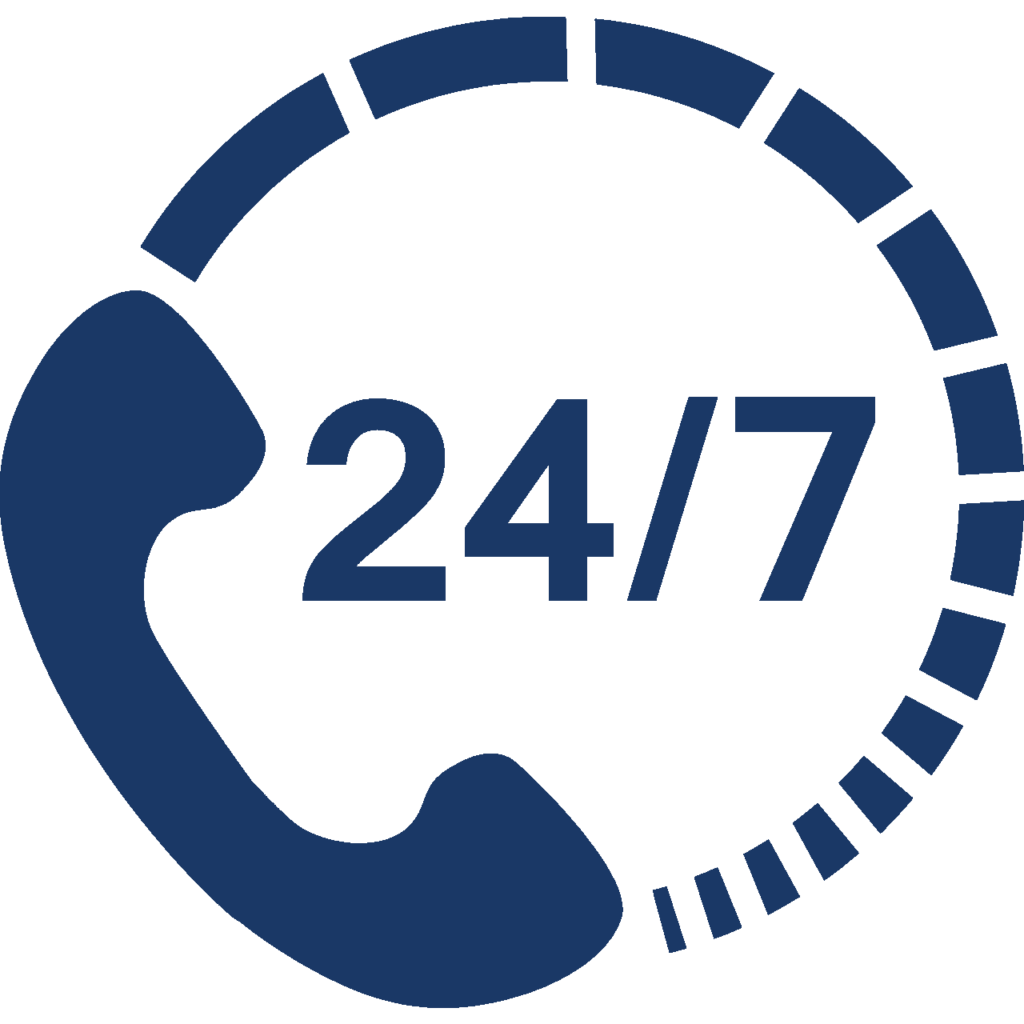Borderline Personality Disorder and Long-Term Disability Benefits in Canada
Living with Borderline Personality Disorder (BPD) presents unique challenges that can significantly impact an individual’s ability to work and maintain daily functioning. In Canada, individuals diagnosed with BPD may be eligible for long-term disability (LTD) benefits to support them during periods of incapacity. Understanding how BPD relates to LTD benefits, especially if your benefits have been denied, is crucial for those navigating this complex process.
Living with borderline personality disorder can make it extremely difficult to maintain steady employment and daily stability. At Preszler Injury Lawyers, our long-term disability lawyers are here to help you navigate the LTD claims process with care and compassion. Whether you’re applying for benefits or appealing a denial, contact us today to schedule your free consultation and get the support you deserve.
Understanding Borderline Personality Disorder
Borderline Personality Disorder is a mental health condition characterized by difficulties in regulating emotions and behaviour, unstable self-image, intense and unstable relationships, impulsivity, and recurrent suicidal behaviours or self-harm. People with BPD may experience extreme mood swings, feelings of emptiness, and have difficulty coping with stress.
Borderline Personality Disorder and Long-Term Disability
For individuals with Borderline Personality Disorder whose symptoms significantly impair their ability to work, LTD benefits can provide vital financial support. BPD can affect various aspects of functioning, including interpersonal relationships, emotional stability, and overall work performance, making it challenging to sustain employment without accommodations or assistance.
Many LTD insurance policies in Canada cover mental health conditions, including Borderline Personality Disorder, under certain conditions. It’s essential to review your policy documents or consult with a legal professional familiar with disability law to understand the specific coverage and eligibility criteria outlined in your policy.
Borderline Personality Disorder and the “Own Occupation” LTD Provision
If Borderline Personality Disorder hinders your ability to perform the essential tasks of your specific occupation, it may qualify as a disability for the purposes of receiving disability benefits. Typically, this is considered the “own occupation” provision in disability insurance policies. This provision defines the type of work or occupation for which an insured individual is considered disabled. Understanding this provision is essential for policyholders to know their rights and coverage under a disability insurance policy.
The own occupation provision specifies that a person is considered disabled and eligible for benefits if they are unable to perform the duties of their own occupation or specialty, based on their education, training, and experience at the time of becoming disabled.
This provision focuses on the specific job or occupation the insured was engaged in when the disability occurred, rather than any job they might be capable of performing based on their skills or abilities.
The scope of coverage, transition provisions from “own occupation” to “any occupation” will vary depending on the policy, but knowing how to navigate these intricacies can be a fundamental step in ensuring you get the LTD benefits you deserve.
Borderline Personality Disorder Disability Benefits
You will typically need comprehensive medical documentation, including psychiatric evaluations, treatment records, therapy reports, and functional assessments. These documents should demonstrate how your BPD symptoms impair your ability to work and perform daily activities.
Gathering strong evidence to support your LTD claim for Borderline Personality Disorder is crucial. Medical records documenting your:
- Diagnosis
- Treatment history
- Medication management
- Therapy sessions
- And functional limitations at work
Can strengthen your case and increase the likelihood of approval.
Unfortunately, disability benefits for Borderline Personality Disorder can be denied by insurance companies for various reasons, such as lack of sufficient medical evidence, policy exclusions, or administrative errors. If your claim is denied, it’s essential to understand your rights and options for appealing the decision.
What to Do If My LTD Benefits Have Been Denied?
If your LTD benefits for Borderline Personality Disorder have been denied, don’t lose hope. You have the right to appeal the decision through the insurer’s internal appeals process or seek legal assistance from an LTD disability lawyer. A legal professional can review your case, gather additional evidence if needed, and advocate on your behalf during the appeals process or potential litigation.
Contact an LTD Disability Lawyer About Benefits for BPD Today
Navigating the complexities of LTD claims for Borderline Personality Disorder can be daunting, especially when facing a denied claim or benefit termination. An experienced LTD disability lawyer can provide invaluable support by assessing the strength of your case, advising you on legal options, and representing your interests throughout the appeals or legal proceedings.
To discuss your claim, contact Preszler Injury Lawyers today. You can contact our long-term disability lawyers online or call 1-800-JUSTICE® now.

